In the post shared on the official social media account of the EU Term President France, it was reported that the 6th package of sanctions against Russia was approved at the meeting held in Luxembourg by the representatives of the member states, and that these measures will come into force by being published in the Official Journal of the EU tomorrow.
According to the package containing new sanctions against Russia, the assets of some Russian officials, oligarchs and family members who played a role in the attacks on Ukraine will be frozen. These people will be banned from travel.
Oil imports from Russia by sea will be banned.
By the end of this year, Russia's oil imports will be reduced by 92 percent.
The provision of services to the Russian oil sector will also be prohibited.
3 Russian banks, including Sberbank, and 1 Belarusian bank will be excluded from the international payment system SWIFT.
The scope of the export ban to Russia will be expanded.
A broadcast ban will be imposed on 3 Russian media outlets engaged in propaganda activities.
Russia's access to consulting services will be cut off.
About the 6th pack
The EU Commission had prepared the 6th sanctions package at the beginning of last month.
The package included the phasing out of crude oil supplies from Russia in 6 months and the phasing out of refined products by the end of the year.
The prohibition of oil imports, which was included in the package, caused a problem among the member states.
Hungary opposed.
Countries such as the Czech Republic, Slovakia and Bulgaria, led by Hungary, opposed the package, which required unanimous consent to enter into force.
EU member states conducted intense negotiations on the oil ban. EU countries were able to reach a consensus, with the latest package being revised to include oil purchases from Russia by tankers and to exclude pipelines from sanctions.
The leaders of EU countries exempted the Druzhba pipeline, which carries oil from Russia to Europe, from sanctions in order to reach an agreement.
In addition, it was decided that the ban on oil imports by sea would come into effect by the end of the year.
The EU imports about 25 percent of the oil it consumes from Russia.
Two-thirds of the EU's oil imports from Russia are by sea, and one-third is by pipeline.
The leader of the Russian Orthodox Church was not included in the sanctions list
Most of the EU member states wanted the Russian Orthodox Church leader Patriarch Kirill to be included in the sanction list on the grounds that he supported Russia's attack on Ukraine.
In the sanctions package proposal prepared by the EU, Patriarch Kirill was shown as "one of the leading figures supporting Russia's attack on Ukraine".
Hungary opposed the inclusion of Kirill on the sanctions list.
EU sources announced that Kirill was not included in the said sanctions package.


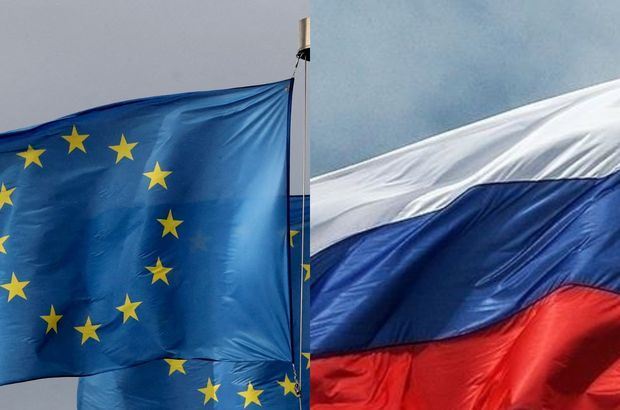
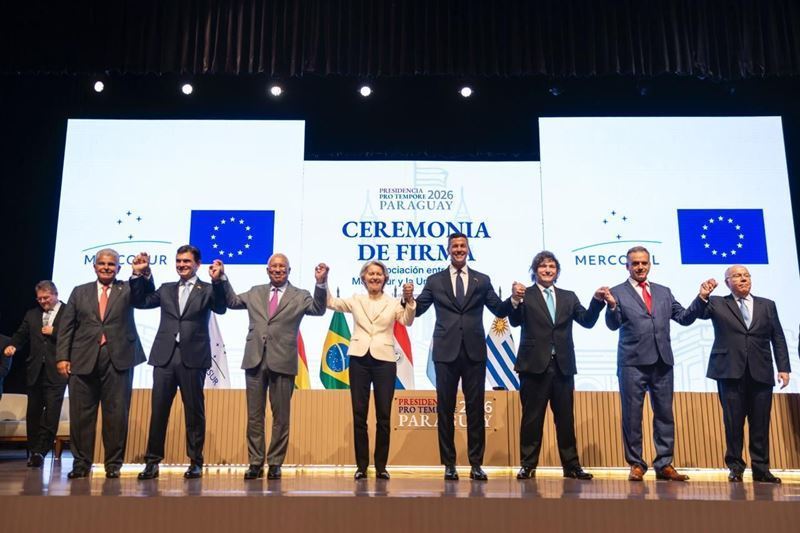
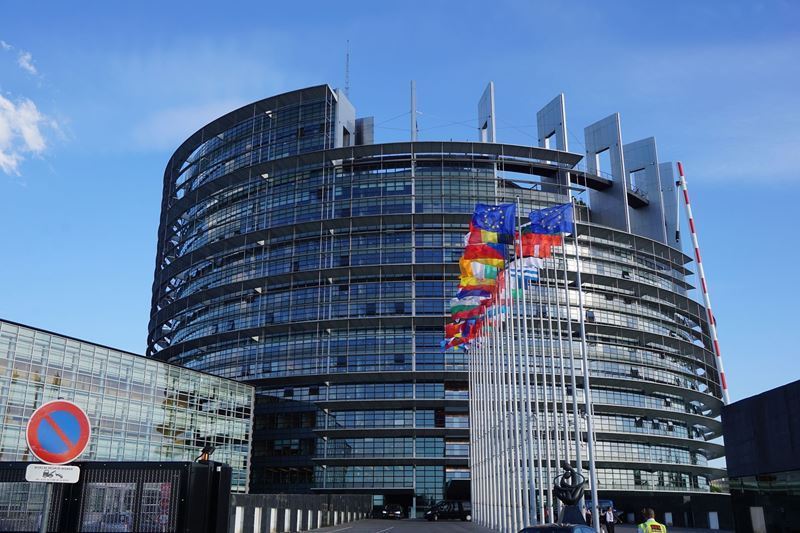
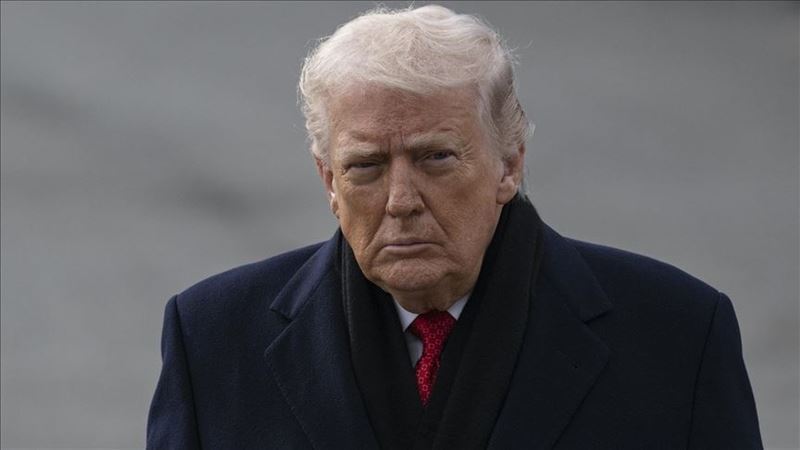
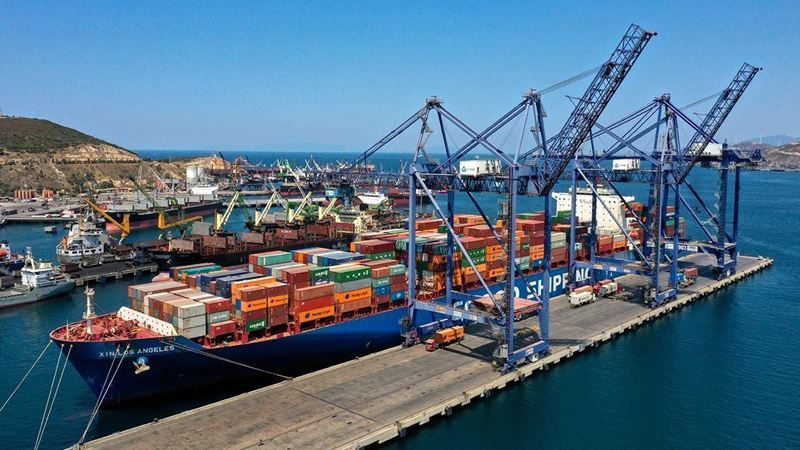



Comments
No comment yet.